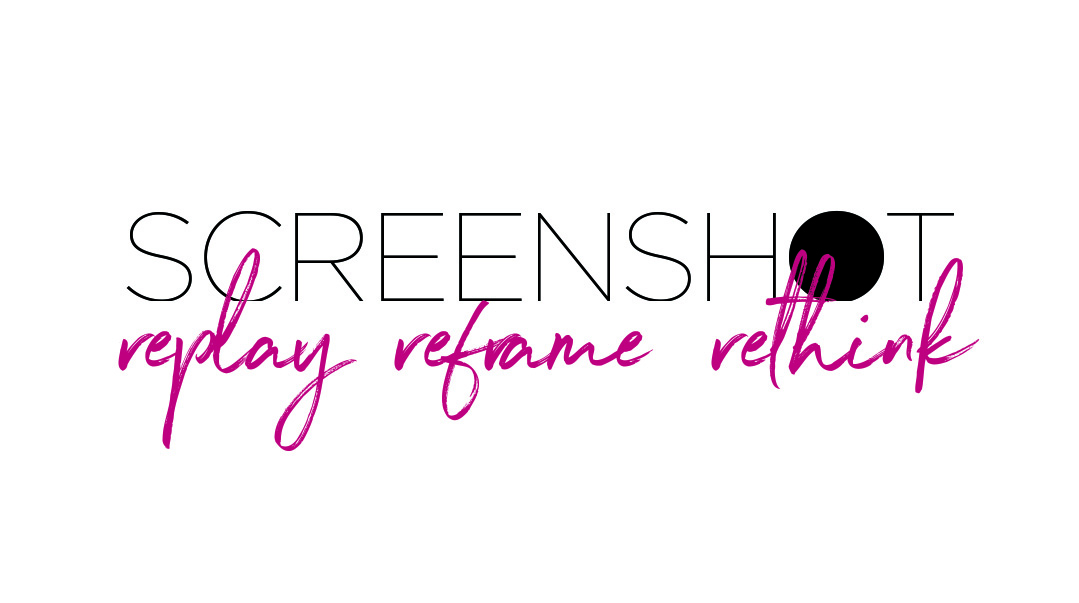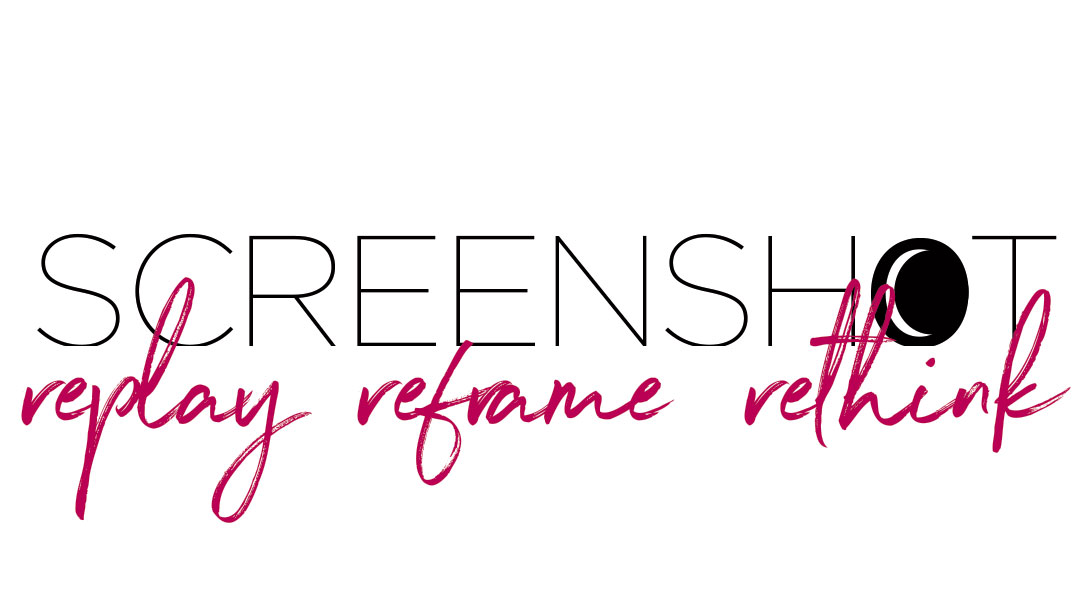Something from Nothing

A flash of inspiration is a Divine gift that falls into our minds or our laps

"Give me something to work with — even something raw and messy — and I can make it shine,” one of our top editors often says. “Just don’t ask me to create something from nothing.”
If you were to map out the process that creates this magazine, most of the map would encompass tasks where that “something” already exists. There might be a continent for the people who polish text or trim it to fit a word count. Another continent would house the people checking spelling and grammar, verifying dates, or putting words in italics. Then you’d have the colorful continent where creative artists add in images and graphic motifs, and figure out just the right typography for the title. A very neat and organized land mass would be reserved for the people assigning page numbers to articles or verifying closed files with the printer.
But beyond those clearly demarcated tasks, there’s the yawning blue deep — a section of the map that looms both mysterious and terrifying. It’s the territory of “yesh mei’ayin,” creating something from nothing. Unlike the other tasks — which utilize considerable skill and talent to process existing material — this one utilizes humility and desperation to admit the limits of our talent and skill.
Creating something from nothing means sitting around a table or in front of a screen, knowing you have to fill so many pages of a magazine, and trying to figure out how to do that without repeating last week’s or last year’s (or the year before that’s) content. It can be thrilling, but more often it’s very intimidating.
Talk to the people who have to come up with new material every week, and you will hear a voice of vulnerability that you just don’t hear when speaking to a proofreader. Sitting in front of a blank screen, facing a deadline and a gnawing pit in the stomach, you encounter your human limitations in a way that no copyeditor or graphic designer can quite relate to. Proofreaders don’t beg for the correct spelling to come. Graphic designers don’t plead for the font to reveal itself.
So other than praying, how do you create something from nothing?
The practical way is to avoid the question and start instead from a tiny kernel of something. On an individual level, it can mean taking a vague concept, a “great person you must meet,” or a trending news item, and figuring out how to transform it into concrete words within a structured body of text.
When we hold brainstorming sessions for our special issues, we’ve learned that it’s best to start with something — links to articles that we like, a review of previous projects and analysis of what made them successful, or even a page of ideas that won’t make it into print but will jump-start the process. We have some “ideas people” on staff who, when provided with a word, a phrase, or an image, can emit a stream of new ideas and projects. Give them a sliver of a something, and they will start spilling out ideas and possibilities.
But without that something, you face the real risk of a very quiet conference room.
The other way to create something from nothing is to acknowledge that ideas are not created; they are gifted to us. That’s why writers or artists or composers will sometimes describe their inspiration in terms of “the character came to me” or “I saw this image in my mind and grabbed my paint to capture it on canvas” or “my fingers started playing this tune” — as something preexisting, something already created, that they were given access to.
The key to getting those gifts is realizing their Source, acknowledging that whatever talent or skill we have, this is not about us. By minimizing our own importance, taking ourselves and our ideas and our names and our brand out of the picture, we make ourselves more open to Divine inspiration. When we’re less focused on the “I” and more receptive to the people we meet, the places we go, and the things we experience, we become more likely to find that elusive something.
That’s why, Rabbi Akiva Tatz points out, the Yiddish word for a flash of inspiration is an “einfal” — a Divine gift that falls into our minds or our laps. When we realize this is not about me, my brand, my byline, when we admit how limited we really are, that’s when the inspiration comes.
(Originally featured in Mishpacha, Issue 777)
Oops! We could not locate your form.


